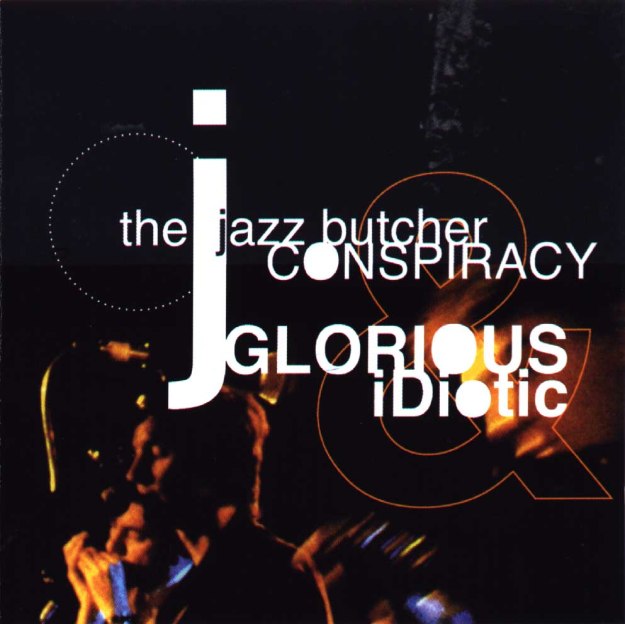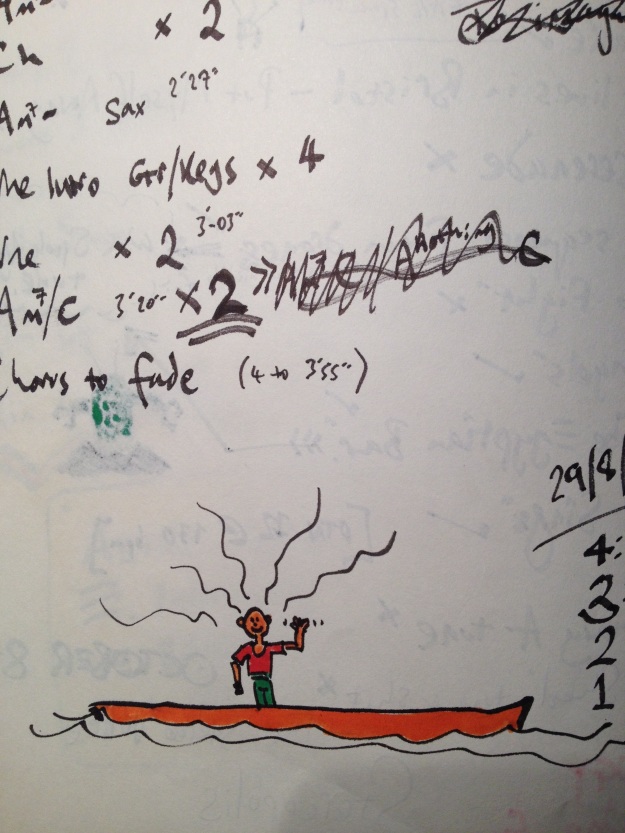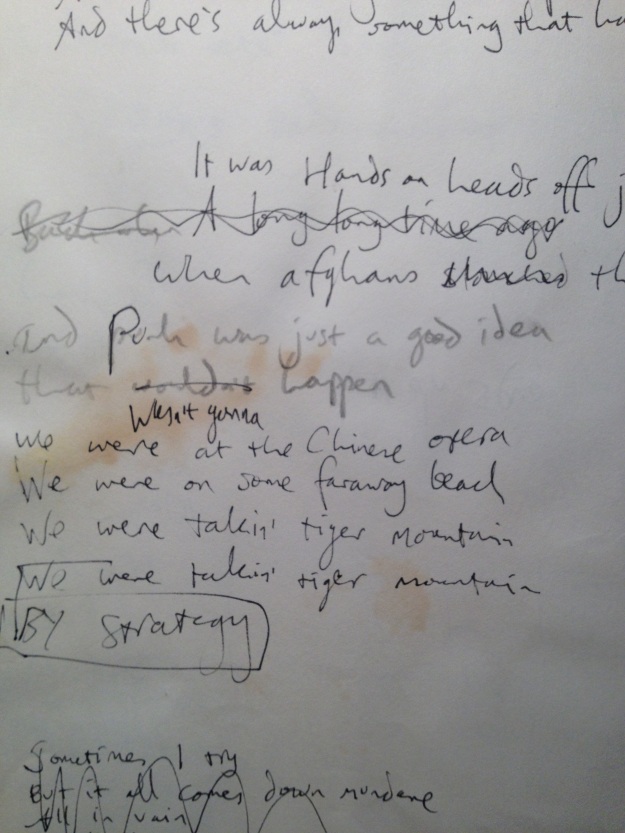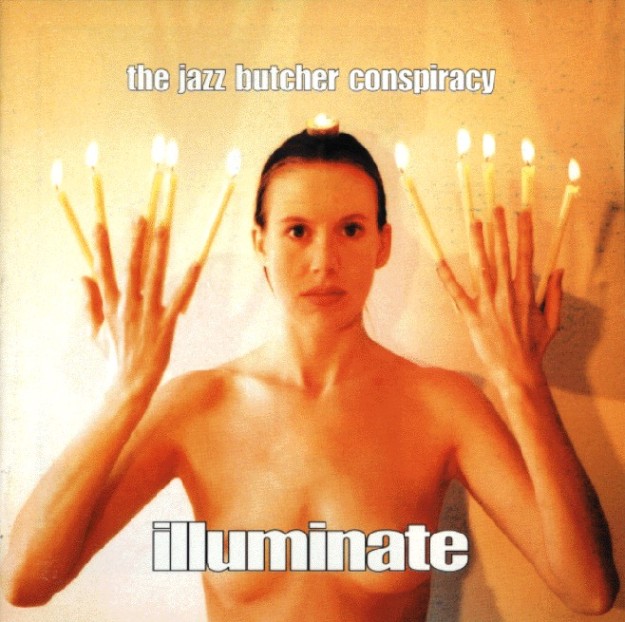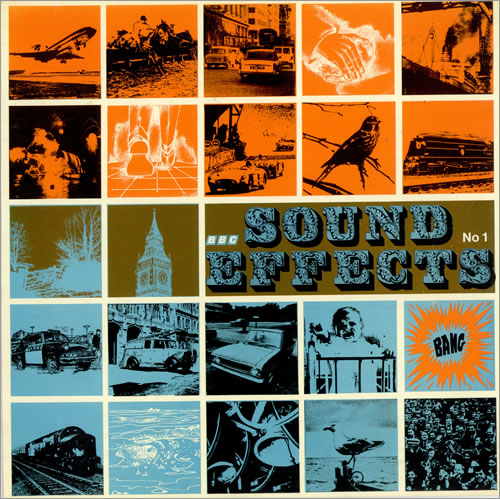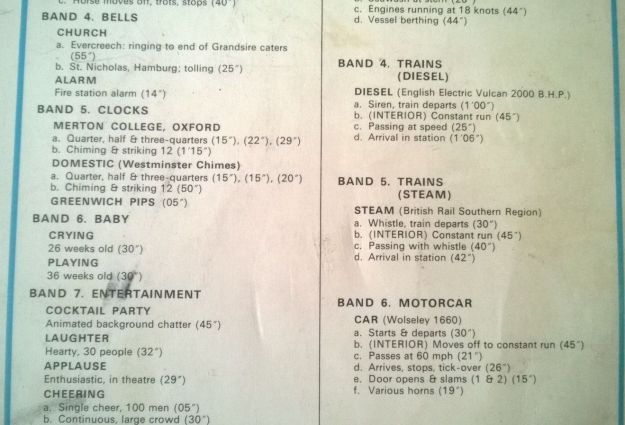In July I set myself a challenge of writing a short post every day about songs by Pat Fish, who has mostly recorded as The Jazz Butcher / The Jazz Butcher Conspiracy, but who has also recorded with the bands Wilson and Sumosonic, and contributed to records by the Spacemen 3 and The Blue Aeroplanes. Like the #bookadayUK writing I’d been doing in June, it was a way of trying out an approach that’s different from the scholarly writing that I do as a lecturer: freer, more impressionistic, more autobiographical, and more evaluative, though hopefully still imbued with a desire to get the facts right. It was also a way of finding out how to write about popular music. And it was an excuse to listen to some great music.
With the exception of the first and last, the posts are arranged chronologically by the date of release of the song, so this sequence also forms a kind of fragmentary history of the band to date.
1: The first song I ever heard by them: ‘Southern Mark Smith’
2: Best guitar solo: ‘Partytime’
3: A song that makes you laugh out loud: ‘Bigfoot Motel’
4: Best cover version: ‘Roadrunner’
5: Sang the wrong lyrics: ‘Girlfriend’
6: A song about the weather: ‘Rain’
7: A song with a day of the week in the title: ‘Big Saturday’
8: A song that reminds you of a certain event: ‘What’s the Matter, Boy?’
9: Title alludes to a film: ‘The Human Jungle’
10: Makes you feel like you’re in a film: ‘City of Night’
11: A political song: ‘Olof Palme’
12: A song that should have been a hit: ‘Angels’
13: One you want to listen to in the car: ‘Next Move Sideways’
14: A song with a number in the title : ‘Looking for Lot 49’
15: Best closer on an album: ‘Keeping the Curtains Closed’
16: Song you liked at first but liked less over time: ‘New Invention’
17: A song about travelling: ‘Hysteria’
18: Best bassline: ‘Pineapple Tuesday’
19: Reminds you of somewhere: ‘Daycare Nation’
20: Song you used to put on a mixtape: ‘Girls Say Yes’
21: Favourite song from least favourite album: ‘Rosemary Davies World of Sound’
22: Best Guest Appearance: ‘Whatever Happened to Our Golden Birds’
23: Best Intro: ‘Lulu’s Nightmare’
24: Best ending: ‘When Eno Sings’
25: A song about music: ‘Scarlett’
26: A song about other worlds: ‘Come, Friendly Spacemen’
27: A song you disliked at first (but came to like): ‘Old Snakey’
28: Song about death: ‘Sleepwalking’
29: Reminds you of a great night out: ‘Quality People’
30: A song with a name in the title: ‘Shakey’
31: If I could choose just one: ‘Sister Death’
Some of the cues I took from the ‘Thirty Day Song Challenge’ and a later similar one; others I invented for myself. Thanks too to Paul and Rachel for their suggestions; to David Whittemore, whose Jazz Butcher website was an invaluable resource for fact-checking; and to Pat, who stumbled across the blog and kindly expressed his appreciation.

